The name Corolla is part of Toyota's naming tradition of using the name Crown for primary models: the Corona, for example, gets its name from the Latin for crown; Corolla is Latin for small crown; and Camry is an Anglicized pronunciation of the Japanese for crown, kanmuri.
Corollas are manufactured in Japan and in Brazil (Indaiatuba, São Paulo), Canada (Cambridge, Ontario), China (Tianjin), India (Bangalore), Indonesia, Malaysia, Pakistan, Philippines, South Africa, Taiwan, Thailand, Turkey, the United Kingdom (Derbyshire) and Venezuela. Production has previously been made in Australia (Victoria). Production in the United States (Fremont, California) ended in March 2010.
The Corolla's chassis designation code is "E", as described in Toyota's chassis and engine codes.
Contents
* 1 Alternative versions
o 1.1 Using the Corolla chassis
o 1.2 Using the Corolla name
* 2 History
o 2.1 First generation (E10)
o 2.2 Second generation (E20)
o 2.3 Third generation (E30, E40, E50, E60)
o 2.4 Fourth generation (E70)
o 2.5 Fifth generation (E80)
o 2.6 Sixth generation (E90)
o 2.7 Seventh generation (E100)
o 2.8 Eighth generation (E110)
o 2.9 Ninth generation (E120, E130)
o 2.10 Tenth generation (E140, E150)
* 3 Safety
* 4 Sales numbers
* 5 See also
* 6 References
* 7 External links
Alternative versions
Using the Corolla chassis
2003 Corolla RunX.
A slightly upmarket version called the Sprinter was sold in the Japanese home market. It was replaced in 2001 by the Allex, which was then replaced by the Blade in 2009.
There have also been several models over the years, including the Corolla Ceres (and similar Sprinter Marino) hardtop, Corolla Levin and Sprinter Trueno sports coupés and hatchbacks, and the Corolla FX hatchback, which became the Corolla RunX, while the Sprinter became the Allex with the introduction of the ZZE128 Corolla. The RunX and Allex was replaced by the Auris in 2006 (known only as Corolla in markets outside of Japan). A compact MPV named the Corolla Verso has also been released in European markets. Its Japanese counterpart is the Corolla Spacio, which has been discontinued as of the 10th generation. The Corolla Rumion is also sold in the US-market as the Scion xB.
The Corolla Matrix, better known just as the Matrix, shares the E120 and E140 platforms, and is considered the hatchback/sport wagon counterpart of the North American Corolla sedan, as the European/Australasian Corolla hatchback is not sold there. Toyota frequently combines the sales figures of the Corolla sedan and Matrix. The Pontiac Vibe, which is the General Motors badged version of the Matrix, also shares the Corolla platform. The Pontiac Vibe was exported from Fremont, California to the Japanese market where it was badged Toyota Voltz. [5]
Over the years, there have been rebadged versions of the Corolla, sold by General Motors, including the 1980s' Holden Nova of Australia, and the Sprinter-based Chevrolet Nova, Chevrolet Prizm, and Geo Prizm (in the United States). The Corolla liftback (TE72) of Toyota Australia was badged as simply the T-18. The five-door liftback was sold with the Corolla Seca name in Australia and the nameplate survived on successive five-door models.
The Daihatsu Charmant was produced with the E30 through E70 series.
Using the Corolla name
The Tercel was a front wheel drive car, first introduced in 1980 and was called the Corolla Tercel then,
The Tercel chassis was also used for the Corolla II hatchback in 1992.
History
First generation (E10)Main article: Toyota Corolla (E10)
First generation Toyota Corolla.
The first Corolla generation was introduced in October 1966 with the new 1100 cc K pushrod engine. The Corolla Sprinter was introduced as the fastback version in 1968.








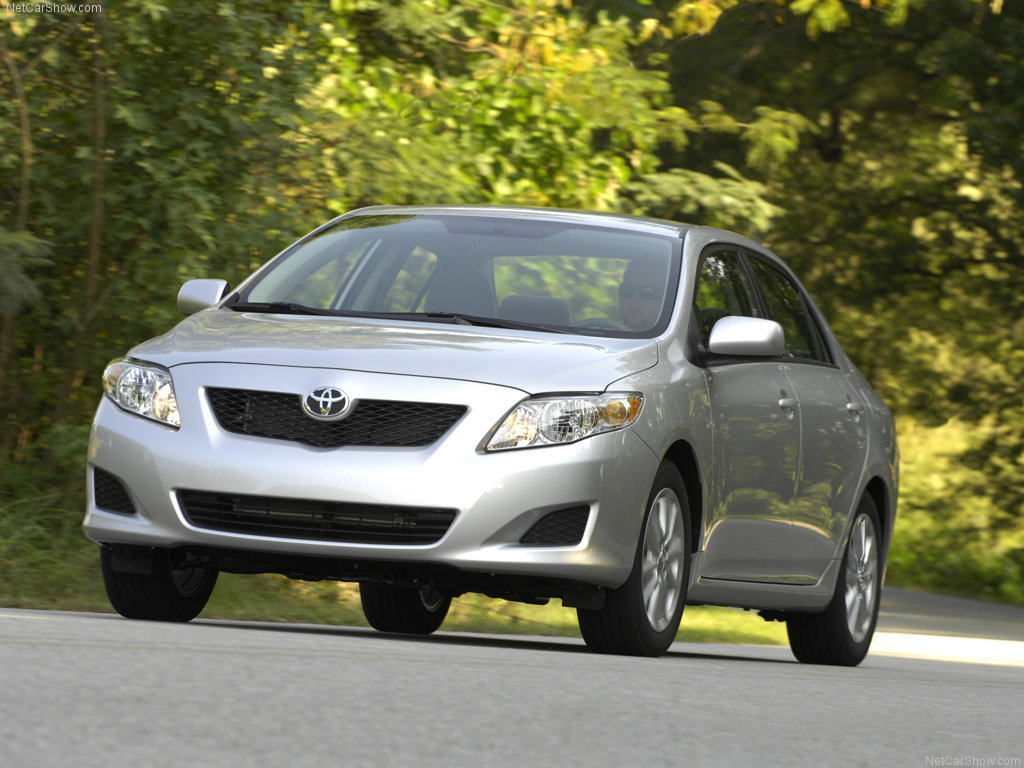


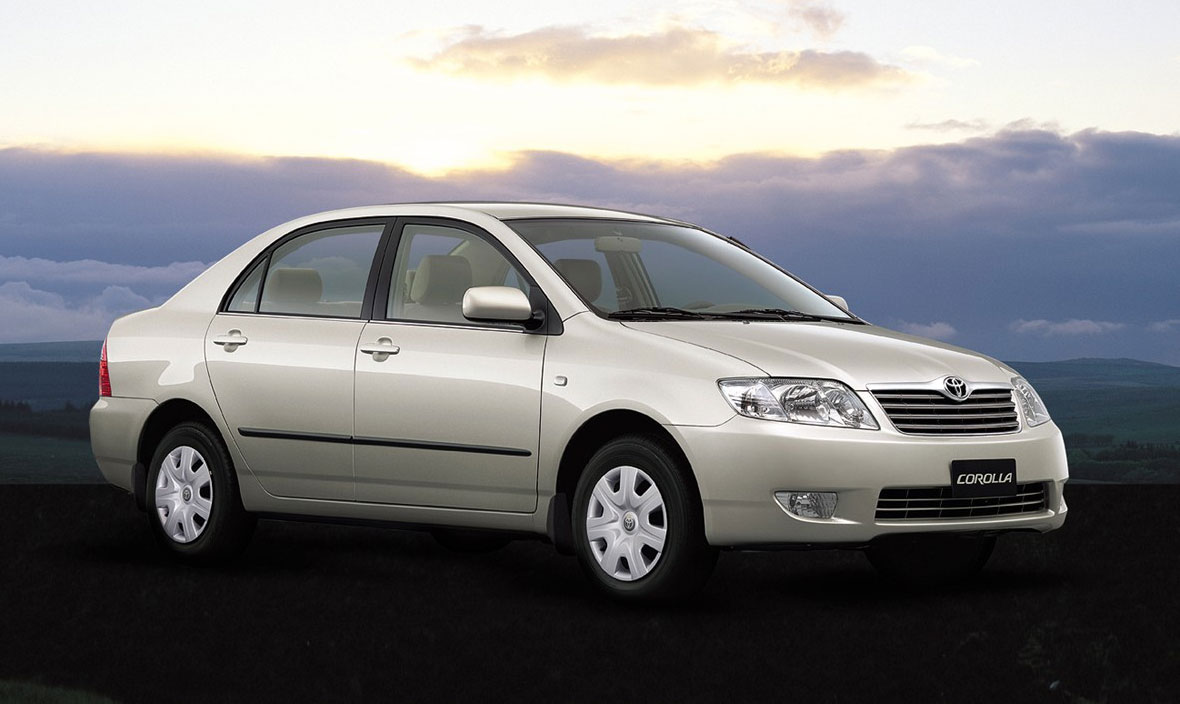





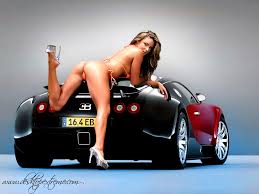



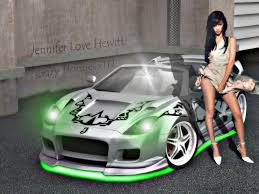
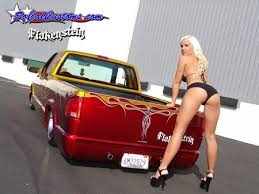


0 comments:
Post a Comment